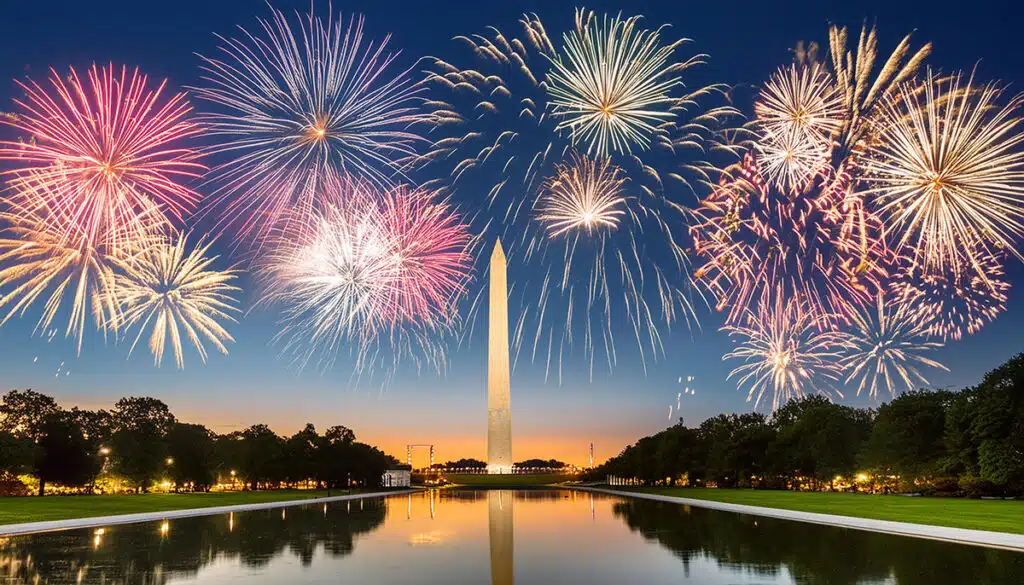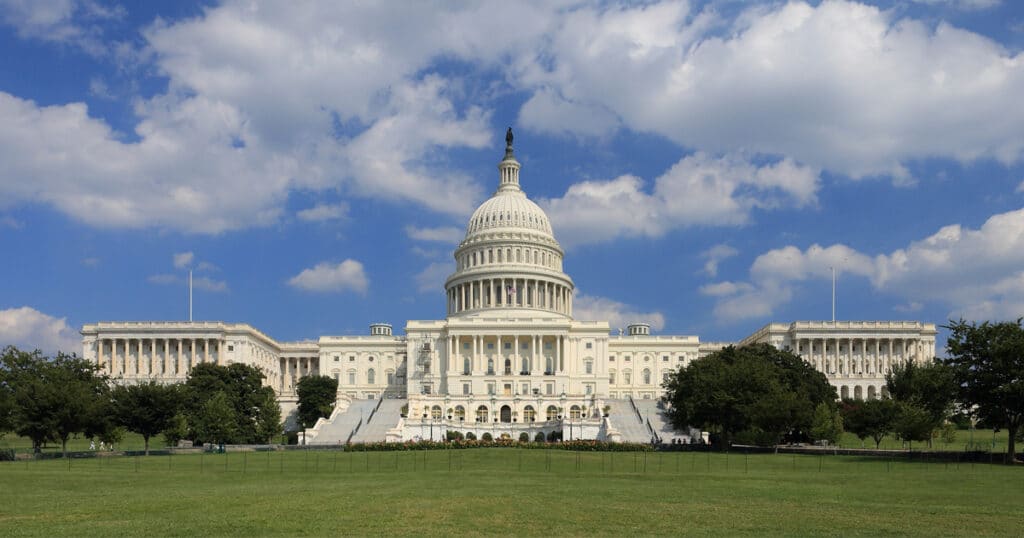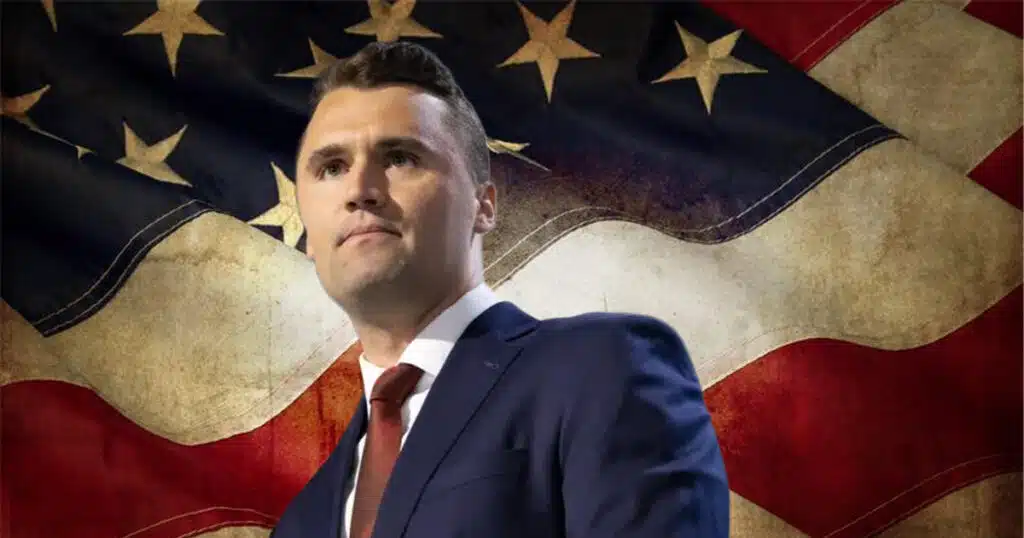
Yes, America Is Exceptional. Happy 4th of July!
On this Independence Day, let’s acknowledge the exceptional existence of these United States of America.
I came to America in 1975. Attending first grade that autumn in New Jersey, I quickly had to learn what my new country was all about. Helpfully for me, they spoke the same language, but apart from that, things were very different.
Each morning, we put our right hands over our hearts, faced the blackboard, and pledged allegiance to the flag. This was not something done in my previous schools in France and England.
My new hometown played an important role in the birth of the United States. Princeton was the site of a Revolutionary War battle, and it was later briefly the U.S. capital.
In 1976—for the Bicentennial celebration—we held historical reenactments commemorating the signing of the Declaration of Independence in nearby Philadelphia 200 years before.
Like most kids in public and private schools, I studied American history in eighth grade and again in 11th grade and learned what makes this country unique and special among nations.
Unlike challengers and rivals China, Iran, or Russia, our country is incredibly young. President Joe Biden was born closer to Abraham Lincoln’s (second) inauguration than his own. My father just turned 85, and if a baby born at the start of the American Revolution had lived that long and handed a baton to a successor born that year, and so on, we’d still only be on the third man in this historical relay.
Yet the progress we’ve made in those three lifetimes is staggering.
In 1776, just like in 64 B.C., it was acceptable for one human being to own another. It took a week to get from New York to Richmond. “The science” may have lost some credibility after COVID-19, but in 1799, medicine was so primitive that as George Washington lay gasping for life on his bed at Mount Vernon, having caught a bad cold from riding his horse in the rain, his doctors kept cutting him to drain his blood into a bowl—somehow thinking that would help.
But some things our forefathers knew and did then have stood the test of time.
One is the Constitution, the greatest document ever to govern a free people. Drawn up by a body of highly educated, widely experienced, and exceptional men, our Constitution—including the subsequent first 10 amendments, the Bill of Rights—has been an enduring guide in changing times. It was designed for a moral and religious people, yes, but also for humans, flawed and vain and avaricious and fickle.
It has withstood many challenges so far.
A critical part of the Founders’ design was the separation of powers, by which all three branches of government are kept in balance and in check. The Supreme Court has recently issued a slate of judgments, pleasing or angering partisans on both sides.
I agree with many of the decisions, albeit not all, but I respect them all. That’s a key difference. Thus, it saddens me to hear Senate Majority Leader Chuck Schumer, D-N.Y., speak of a “disgraceful decision by the MAGA Supreme Court,” which goes beyond disagreeing with a decision and impugns the integrity of the justices themselves. That’s a dark path to take.
The United States is more free, prosperous, and safe than most of the rest of the world. That’s not only because we work hard, but because we have rules. Defending those rules is the paramount duty of all citizens, not just the courts.
Of course, the first necessity for that duty is that citizens know our history. Thus, the fact that barely 15% of U.S. high schoolers are proficient in American history is more than a scandal; it is an existential threat.
The second necessity is that we respect the verdicts of the courts, even if we rail against them using our God-given right to free speech, protected by the First Amendment. Vilifying individual justices or packing the court will be mistakes for either party. What’s sauce for the goose will be sauce for the gander, and we’ve seen this story play out all over the world.
We’re divided today on important policies, including whether to have borders and defend them or let anyone in who shows up. Under the Constitution, “The Congress shall have the power … to establish a uniform Rule of Naturalization.” That means Congress—not the president or courts—decides who gets to come here, and who gets to stay, and under what conditions.
John Winthrop said, as Ronald Reagan echoed three centuries later, that America “shall be as a city upon a hill. The eyes of all people are upon us.” That metaphor implies that there are other cities, and places, less desirable all around. Cities throughout human history were often built on high ground, or had walls, for a reason. Outside lay deserts, jungles, barbarians, and/or chaos.
When you stop guarding the city gates, separating those with the right to be inside from those who aspire to enter, your civilization will fall—as did Carthage, and Rome, and Constantinople, and Persia, and every other power before or since.
Globalists who believe in a human right to migrate anywhere and no enforcement of borders don’t seem to understand that.
I trust that we can overcome our current differences in time—maybe the span of one more 85-year-old—and that the United States has greatness yet to come.
On this July Fourth, I choose to believe that, to trust in young people to revive our traditions and to hope for a bright future.



